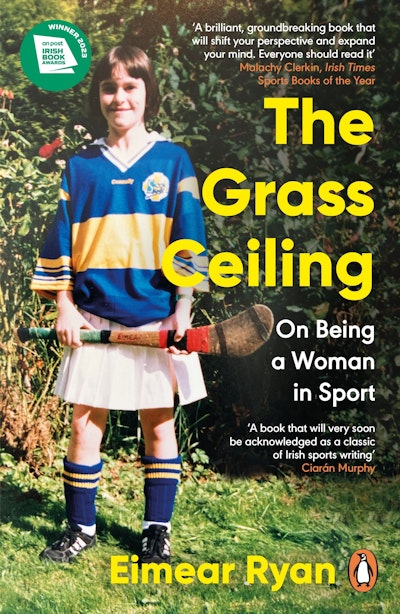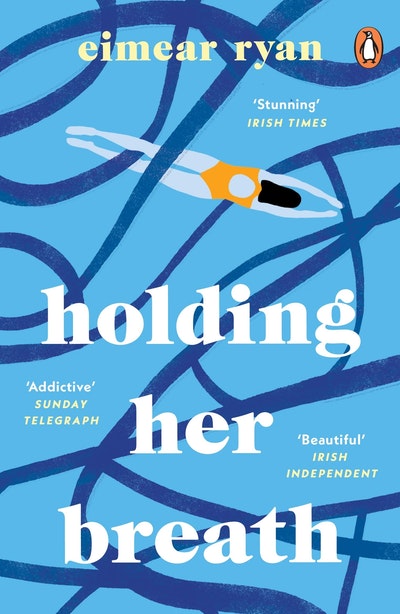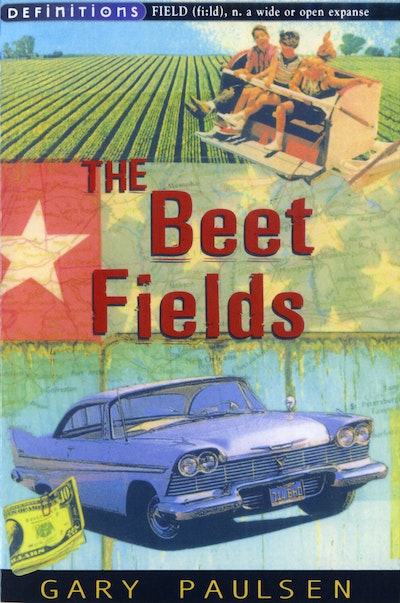What is it like to be female in a male-dominated sporting world? If you play with the boys, more people pay attention - but you get treated like an alien. Playing with other girls or women means you have to accept smaller audiences, diminished status and - for professionals - lower pay.
And what if, as is the case for camogie player Eimear Ryan, your sport has a completely different name when women play it? What if you don't feel entirely comfortable in an all-female sporting environment because you're shy, bookish, not really one of the girls?
In The Grass Ceiling, acclaimed novelist Eimear Ryan digs deep into the confluence of gender and sport, and all the questions it throws up about identity, status, competition and self-expression. At a time when women's sport is on the rise but still a long way from equality, it is a sharp, nuanced and heartfelt exploration of questions that affect everyone who loves sport.


